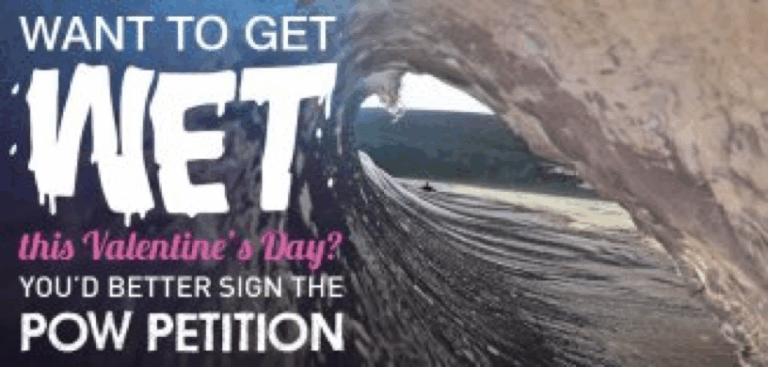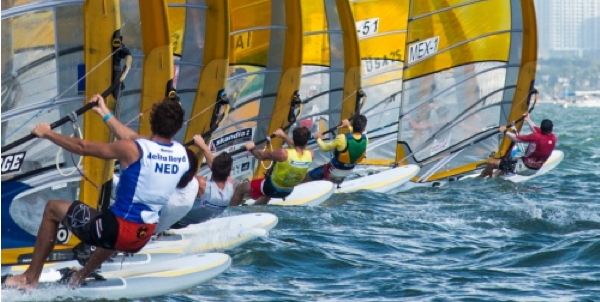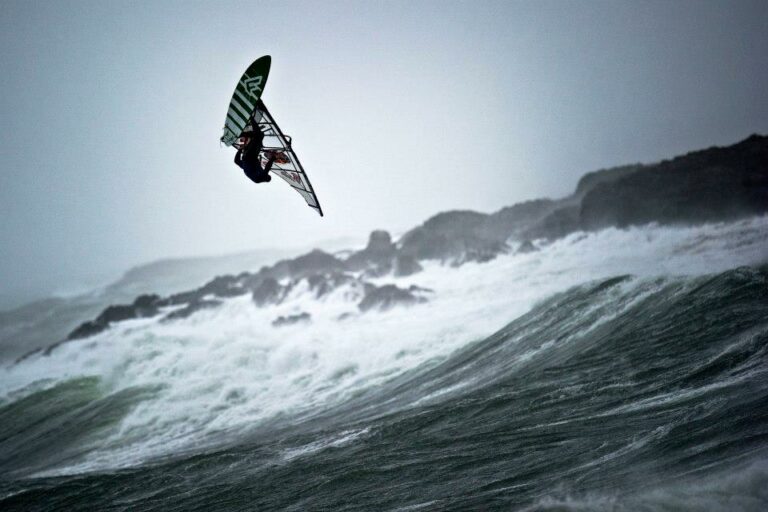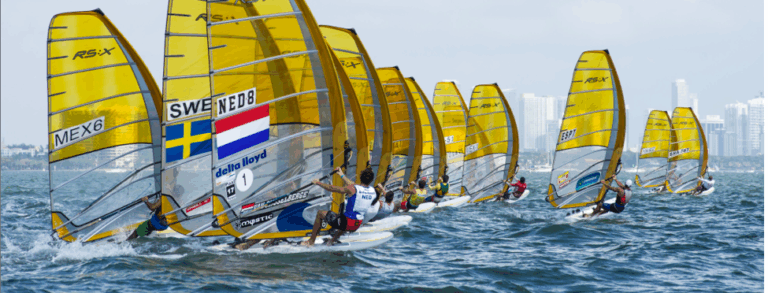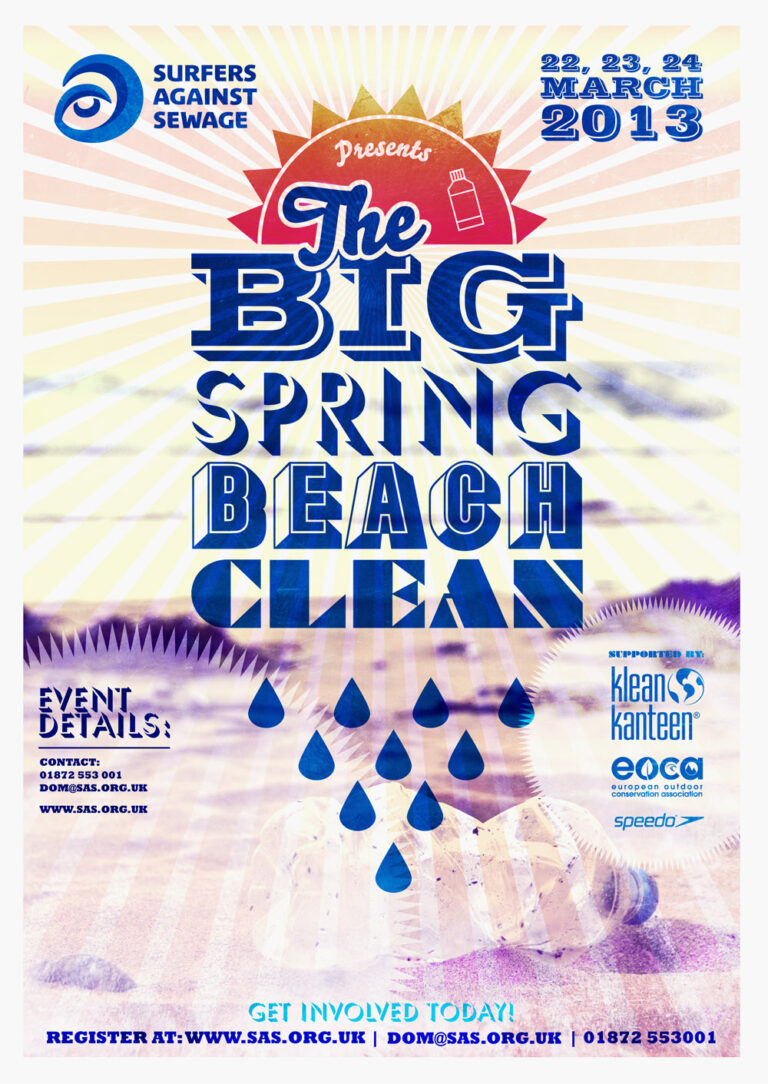British environmental organisation, The Blue Project, speak with Olympic medalist and Blue Ambassador Bryony Shaw about her love of windsurfing and protecting the waters she uses.
The Blue Project uses sport, adventure and digital media to connect more people to our blue environment. Jacques Cousteau once said that “People protect what they love” so our mission is to develop innovative ways to encourage greater care of our blue environment.
Our journey started with a small group of people who derive a large part of their inspiration from competing and working in the natural environment. We decided to share their stories, images and content with a wider audience and set up the Blue Project as a communications outreach programme.
In 2009, we launched the Blue Mile as a mass-participation event designed to connect more people and raise funds to support WWF’s marine and freshwater programme – www.theblueproject.org.
The Interview
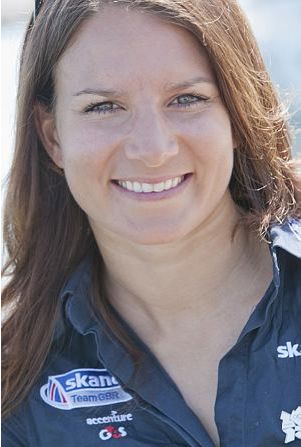
How does your sport connect you to the natural environment and how does that environment continually motivate and inspire you to achieve goals – sporting and other life goals?
I spend my sporting life travelling to beaches and harbours around the world, following the sun and winds to compete at Olympic Class Windsurfing Events. Locals often describe how trade winds get disturbed “It’s never usually like this!” they say. I revisit the same venues each year on the World Tour and you get sensitive to the ever-changing winds and temperatures. This connection to my natural environment helps me really appreciate truly beautiful places, not just socially or from a tourist perspective, but with regards to what the coastline can offer and the natural features that make it unique. I feel lucky that I can enjoy this fulfilled life with so many experiences: like humid training runs along a Brazillian beach at sunset with pink storm clouds over the mountains. Even when inland I connect with coastal wind conditions by watching trees and clouds, I get motivated to get down to the beach and go windsurfing, taking advantage of what nature offers daily rather than letting it just pass by unnoticed.
What has your sport, and experiences through it, taught you about your natural environment?
Windsurfing has given me a heightened sense of trade winds and water temperatures; how clean the water is at different venues around the world, according to its colour, clarity and diversity of sealife. Travelling gives me an insight into how natural it is that climates change, like when we get snow in the UK that we didn’t get for 18 years, or tropical continents get a year of dramatically increased stormy rainfall. But as long as that as individuals we maintain awareness and respect for it, nature has it’s own methods of repair.
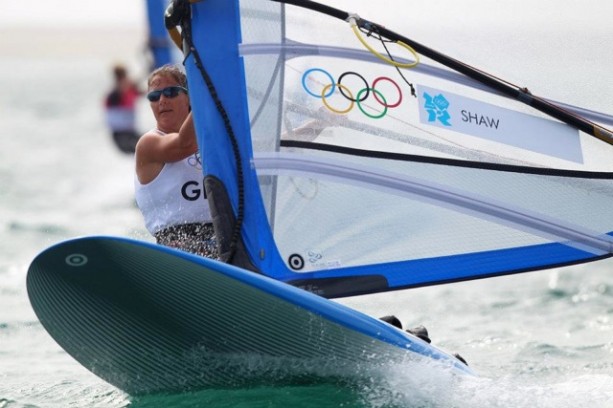
Sport is intimately connected to nature and a healthy environment is necessary for a healthy planet. By participating in your sport, have you encountered anything that’s truly shocked you about the impact human activity is having on the natural environment?
My sport has gifted me with a connection to my environment, which gives me passion to increase awareness to stop using the ocean as a waste ground, as all water users are directly affected, wildlife and humans. Polluted local areas such as the Olympic waters in Qingdao, China made headlines because the over-grown algae blooms affected our competition area. And a sailor who swallowed harbour water got a body-damaging parasite. But I hope that the Chinese waste management in this area has not just gone back to its old ways, and consideration for the local people and waterlife is maintained not just when under the world media spotlight…
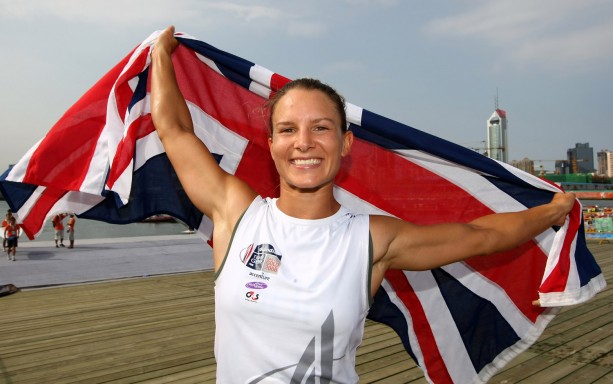
If you were to motivate people (on a local, national, or international level) on one particular environmental issue, what would it be?
The environmental issues that I feel most strongly about are waste management, and the consideration of whether your purchases and activities truly have a small carbon footprint. For example the current craze is to have an electric car. But where does that electricity come from?? Waste from most forms of energy production is a global economic issue that will take time and money to educate and ultimately change. Your car is more “green” from cradle to grave if its body parts are locally sourced and can be easily disposed of, not what fuel it runs off. Like a truck made mostly of metal, where is parts and production are all from one country, uses less natural resources than an electric car that has so many foreign plastic body parts. It is important to consider what is truly recyclable, therefore is not contributing to landfill or pollution into rivers, and not just follow fashionable consumer trends!!
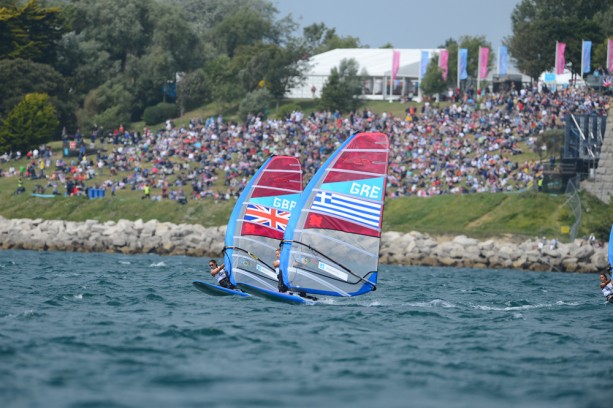
What have you actively changed in your day to day living behaviour and choices, including how you go-about your sport that makes a positive difference to the health of our planet?
My sporting activities, although a healthy and active lifestyle, do have quite a sizeable carbon footprint. In recent years I have taken advantage of the improved accessibility of European travel by budget airlines with their many route destinations, I can fly very close to most of my competition venues so travel is less stressful and training time is greatly improved. In addition to this my coach will also tow his coach boat around the European venues.
What motivated you to become involved with The BLUE Climate and Oceans Project?
Being involved with BLUE gives me the opportunity to increase the awareness of windsurfing within the environmental community. The worldwide environments we encounter and how as windsurfers we are directly faced with water pollution and damaged coastlines. Windsurfing is one of the most popular watersports in the UK due to its fun, colourful, radical image and it is the most financially accessible worldwide racing sailing class. If our waters are clean and our beaches not over-developed then we are free to run professional competitions and enjoy a much-loved hobby experiencing nature’s wonders.
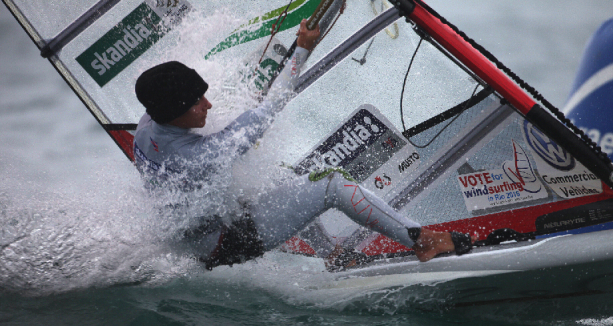
What one piece of advice would you offer to encourage people into thinking proactively about a BLUE future?
For me BLUE is about active lifestyle as well as awareness. Take in your surroundings and what nature can offer. City life is sociable, but opening your eyes to coastal life can provide escape and freedom. My initial interest in watersports was my escape into nature and the thrill of wind-powered speed skimming across the ocean. This sporting connection can then bring greater lifestyle appreciation, and that get-up-n-go outlook to grab life’s opportunities and not let them float by.
A call to action – What can people do to become BLUE?
I feel it is important to introduce a BLUE attitude and provide lifestyle opportunities into schools. I tried hard aged 14 for my school in Oxford, which is far from the sea, to organize after school trips to our local reservoir for sailing and windsurfing activities. But without teacher enthusiasm the idea fell apart, so I was going there on my own motivation and my parent’s support, without my school friends. Watersports activities are very safe, accessible, educational and fun, wherever you live in the UK, so there is no reason for it not to be an option. I see the lifestyles that people in countries like New Zealand are enjoying with such a close relationship to the ocean, and it is not our UK climate that prevents this, only our attitude.

